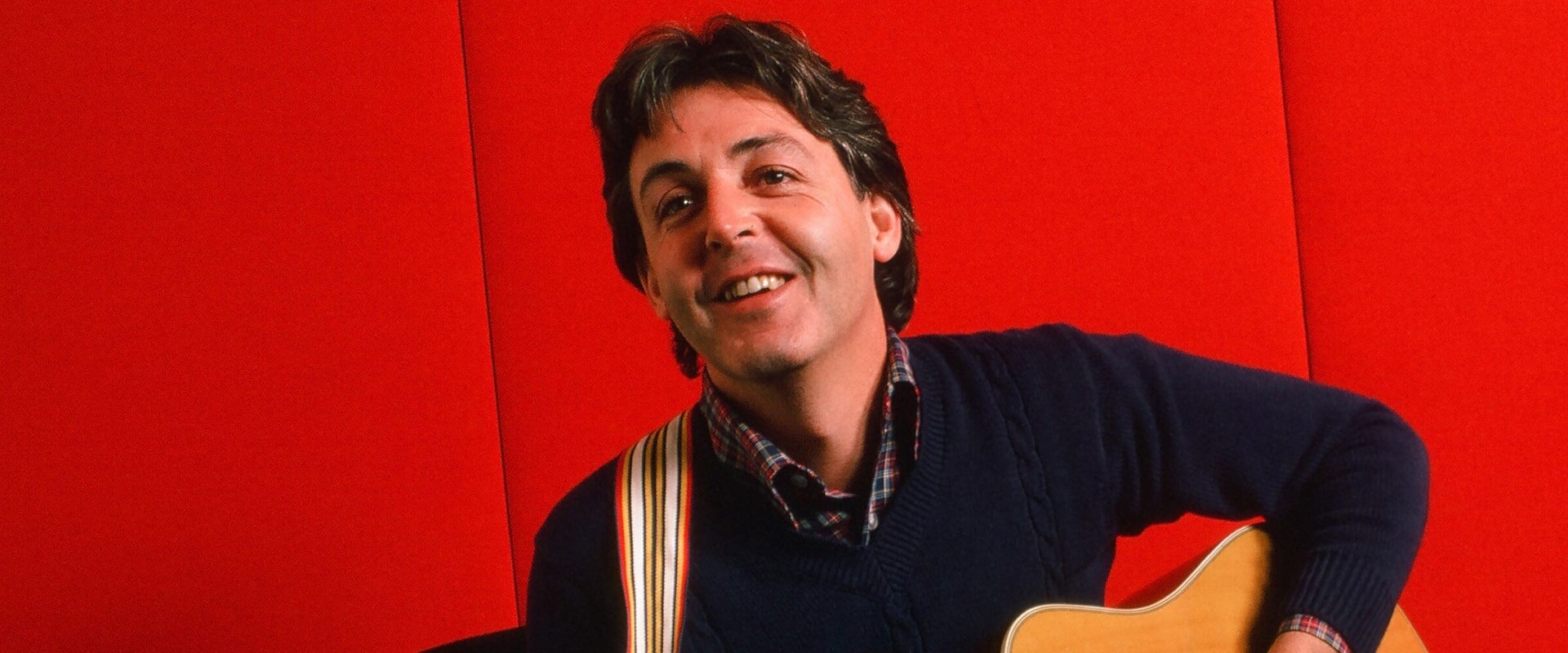On this day (September 4) in 1971, Paul McCartney topped the Billboard Hot 100 with “Uncle Albert/Admiral Halsey.” It was the first single from Ram, the only album McCartney recorded with his wife, Linda. The song, which received mixed reviews, was the only single from the album to chart in the United States.
“Uncle Albert/Admiral Halsey,” much like many tracks from the Beatles’ later albums, was an amalgamation of multiple unfinished songs. As a result, it contains several melodies, tempos, and themes. Some listeners and critics believed that it was a brilliant piece of musical art, while others found it self-indulgent.
[RELATED: Paul McCartney’s Best Three-Album Stretch Came Much Later Than You Think]
No matter what critics or fans thought of the single, it was highly successful. It brought McCartney his first post-Beatles No. 1 and a Grammy Award for Best Arrangement Accompanying Vocalists.
Paul McCartney Finds His First No. 1 with a Collaboration with His Wife
Ram is the only album to credit both Paul and Linda McCartney. Likewise, the couple shares writing credits on many of the songs, including “Uncle Albert/Admiral Halsey.” While Mrs. McCartney does provide backing vocals for the track, many have debated how much of it she wrote.
According to Songfacts, McCartney signed a deal with the Beatles stating that songs he wrote until 1973 would be owned by Northern Songs publishing and Maclen Music. As a result, crediting his wife as a writer would allow him to keep more of the royalties. Northern Songs and Maclen filed a lawsuit against him for this practice. He settled it out of court.
McCartney said his Uncle Albert inspired him to write the song. This uncle was what he called a “respectable” man until it came to family parties. Then, he would get incredibly drunk and do things like stand on tables and read from the Bible. That, he explained, was just how the older generation of his family had fun.
“I think what I was getting at in the song ‘Uncle Albert,’ was thinking about him and using him as a symbol of that lifestyle and that way of getting out of it,” he explained. “We had gotten into other ways. Pot, for instance, was prevalent at the time. I was, I think, imagining that generation looking at us behaving weirdly. Not just getting drunk but doing other things that society started to spread out into,” he added.
“I suppose I was looking at it as if he might be puzzled and slightly disapprove that we weren’t just doing it in the old way, and that we were kind of doing things that they would probably find a bit strange. So, I think me saying, ‘We’re so sorry, Uncle Albert,’ that’s the sentiment behind that.”
Featured Image by Robert R. McElroy/Getty Images

